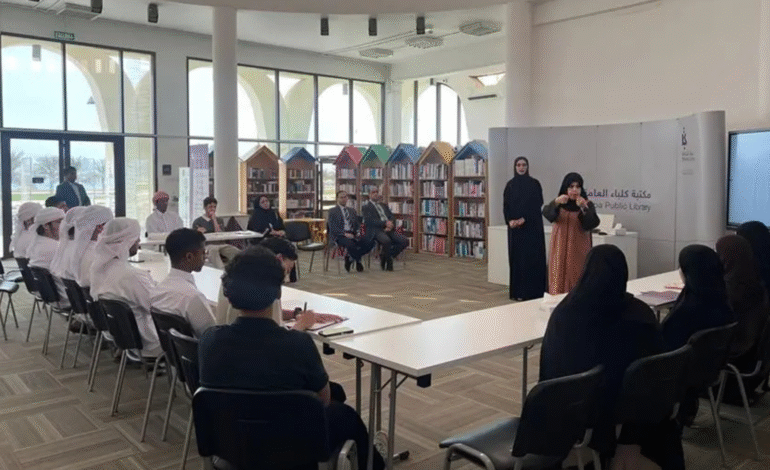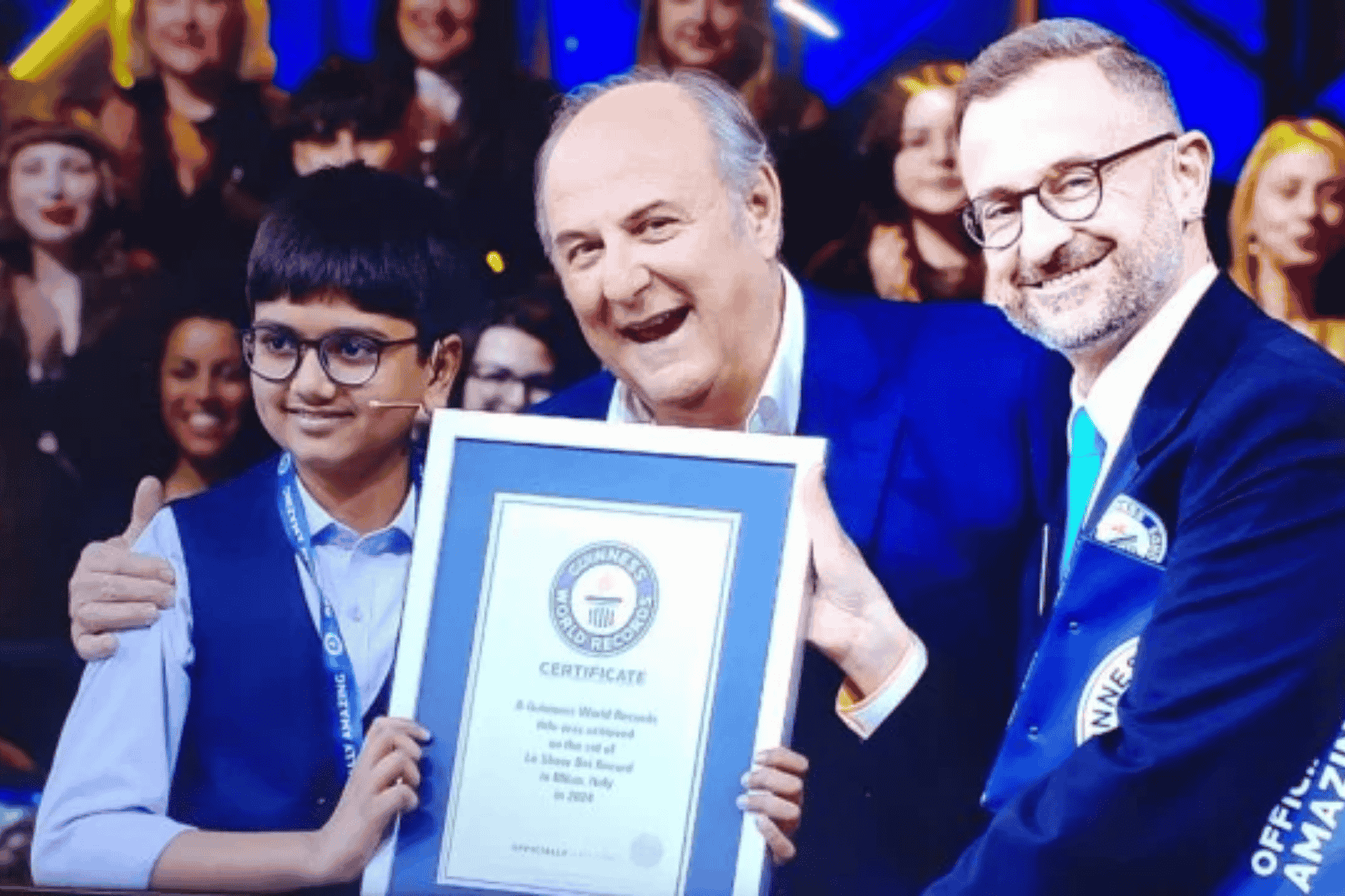Sharjah Launches Scientific Research Incubator for High School Students

Sharjah Public Libraries (SPL), in partnership with the Universities of Sharjah, Kalba, and Khorfakkan, has introduced an exciting new project called the Scientific Research Incubator. This initiative aims to give secondary school students, from Grades 10 to 12, practical experience in academic research. It also helps them develop the skills they will need for university studies and future careers.
The programme started alongside the seventh annual Majors Discipline Exhibition, reflecting SPL’s commitment to supporting education and research. Through interactive sessions held in libraries, students can learn essential research skills while exploring new ideas in a supportive environment.
Programme Overview and Locations
The five-week programme runs until October 5 and is hosted at several SPL branches: Kalba, Wadi Al Helo, Khorfakkan, and Dibba Al Hisn. Each student group, consisting of 20–30 participants, receives structured guidance on how to conduct research.
The project focuses on helping students understand the basics of research, from forming questions to presenting results. They also learn about research ethics, advanced searching techniques, and how to write reports and cite sources correctly.
Key Learning Areas
- Research Fundamentals and Ethics: Students learn how to conduct research responsibly, use credible sources, and understand academic integrity.
- Advanced Search Techniques: Using Boolean logic and databases, students discover how to find accurate information quickly and efficiently.
- Writing Research Reports: Training focuses on organizing research findings, citing sources, and writing clear reports.
- Presentation and Public Speaking Skills: Students practice sharing their research confidently in front of an audience.
- Independent Learning: The programme encourages students to explore topics on their own and develop critical thinking.
Interactive Workshops
Hands-on workshops at the Kalba and Khorfakkan branches make learning practical and engaging. Some of the workshops include:
- Exploring Scientific Research: An introduction to the research process, including selecting topics and forming questions.
- Smart Research: Tips for finding and analyzing information efficiently.
- Methods and Ethics: Understanding different research approaches and ethical guidelines.
- Writing and Referencing: Learning how to structure reports, use citation tools, and present findings clearly.
These workshops give students a chance to put theory into practice, preparing them for real research projects.
Mini Research Competition
The programme ends with a mini research competition. Students will present their projects to a judging panel on September 29 and 30 at Kalba Library. The final round will be held at Khorfakkan Library on October 5. Winners will receive prizes and participation certificates, encouraging students to showcase their hard work and skills.
The Role of Libraries in Academic Research
Eman Bushulaibi, Director of Sharjah Public Libraries, explained the importance of libraries in supporting research. She said, “Libraries are natural spaces for researchers. They provide access to collections and databases that support every academic journey. With the Scientific Research Incubator, we are giving students early exposure to research tools and practical experience that builds confidence and prepares them for university and future careers.”
Why This Programme Matters
This initiative gives students hands-on experience in research, helping them understand academic processes from start to finish. It also develops important life skills such as critical thinking, problem-solving, public speaking, and independent learning.
By combining workshops, practical exercises, and competitions, the Scientific Research Incubator ensures students gain not only knowledge but also confidence to pursue academic challenges.
Preparing Students for the Future
The programme’s goal is to prepare secondary school students for higher education and professional life. By introducing research early, students can make informed decisions about their future studies and careers. They also develop essential skills that are highly valued in universities and workplaces, including teamwork, communication, and analytical thinking.







